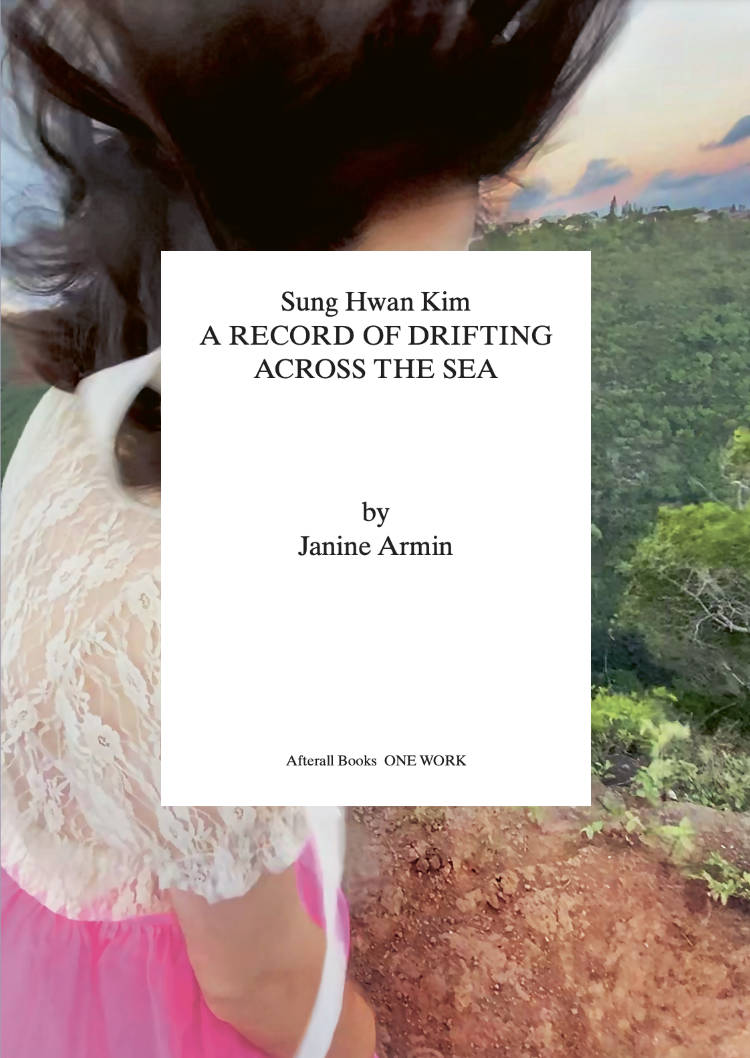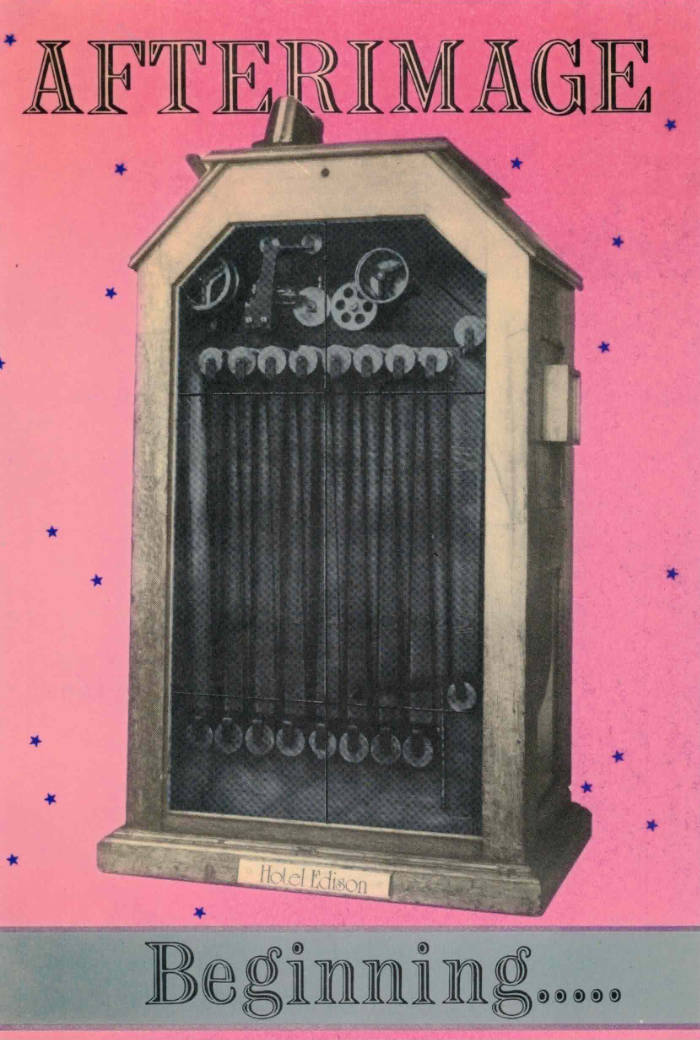
Un Moyen Âge émancipateur
Clovis Maillet, Thomas Golsenne
Une récente enquête menée dans les écoles d’art et de design francophones aboutit à un constat étonnant : beaucoup d’étudiante·s affirment que l’artisanat est l’avenir de l’art et que les sorcières détruiront le patriarcat. Iels s’approprient un imaginaire composite mêlant fantasy et moines copistes, herboristerie médiévale et communalisme. Dans le même temps, des slogans en latin sont tagués sur les murs par de jeunes révolutionnaires. Des remèdes au capitalisme pourraient-ils se trouver dans le monde qui précéda son avènement ? Pour sonder cet imaginaire politique et artistique construit sur un passé lointain, Clovis Maillet et Thomas Golsenne analysent des œuvres contemporaines, des sources médiévales et la pensée de Silvia Federici et William Morris qui, chacun·e à leur endroit, proposent une vision du Moyen Âge émancipatrice.
Maître de conférences en histoire de l’art et études visuelles à l’Université de Lille, ancien directeur de l’unité de recherche Bricologie à la Villa Arson à Nice, Thomas Golsenne a publié Carlo Crivelli et le matérialisme mystique du Quattrocento (2017).
Professeur·e d’histoire et théorie des arts dans les écoles d’art d’Angers et de Genève, Clovis Maillet est aussi artiste performeur·euse en duo avec Louise Hervé et médiéviste. Iel est l’auteur·ice du livre Les Genres fluides : de Jeanne d'Arc aux saintes trans (2020).







